90% of ribbon producers choose a particular slitting machine for reasons that often involve technical advantages, cost-effectiveness, and industry suitability. Here are the possible core factors:
1. High-precision slitting technology
• Uniformity: Ribbon requires extremely high slitting accuracy, especially when used for barcode printing, and this device may have a nanoscale guidance correction system or laser-guided technology to ensure smooth edges and no burrs, avoiding broken or blurred prints.
• Thin material processing capacity: It can stably slitter ultra-thin ribbons (such as 1.5μm thickness) without deformation, adapting to the needs of high value-added products.
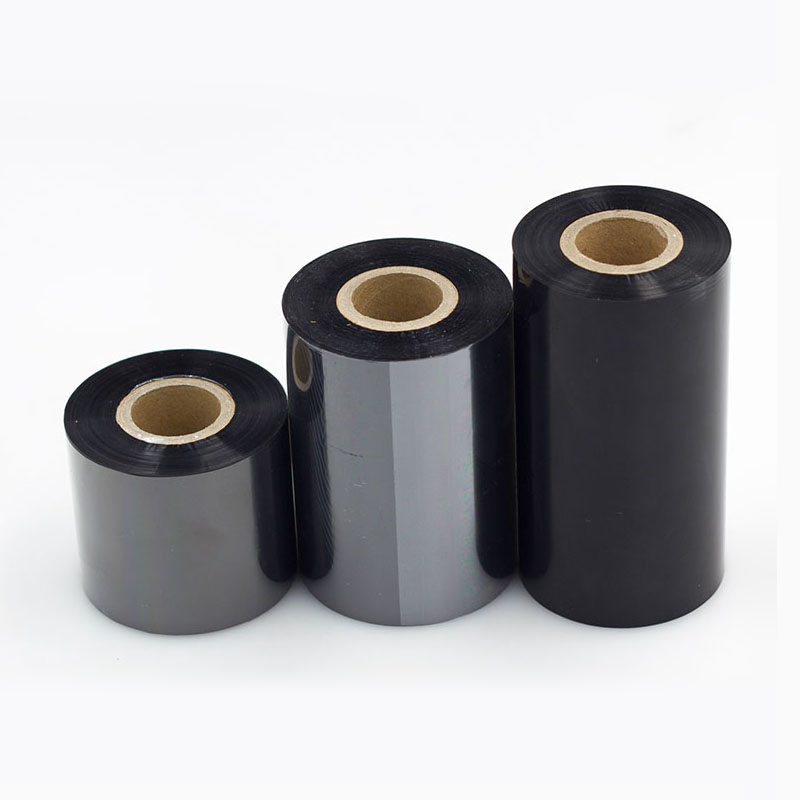
2. Efficient production and automation
• Speed and capacity: Slitting speeds can reach 300-500 m/min, far exceeding the industry average, and support continuous rewinding to reduce downtime.
• Intelligent control: Integrated AI tension control system, automatically adjust material tension, reduce manual intervention, and the yield rate can reach more than 99.5%.
3. Customized adaptation ribbon characteristics
• Material compatibility: Optimized for resin-based or wax-based formulations of ribbons to avoid coating peeling or sticking due to frictional heat during slitting.
• Width Flexibility: Quickly switch between different slitting widths (such as 3mm-100mm) to meet the diverse market needs of label printers.
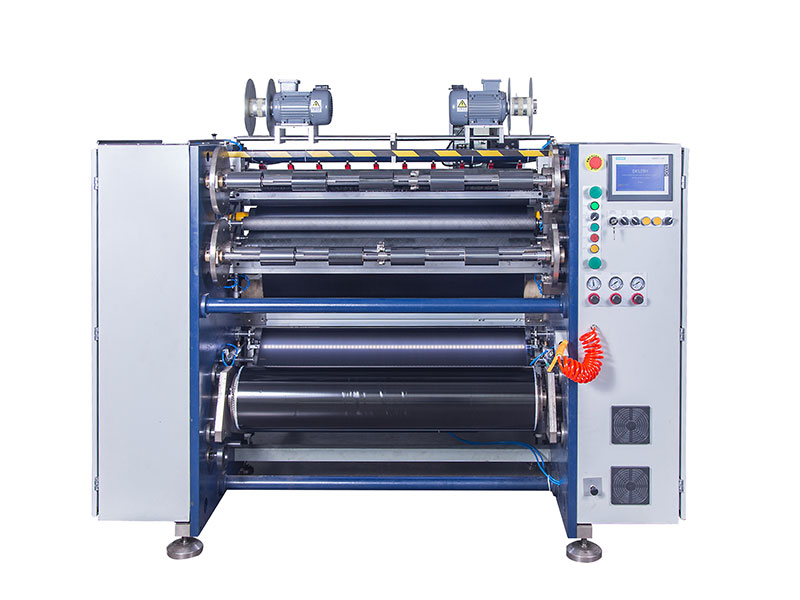
4. Cost-effectiveness
• Low loss design: reduce material waste by air floating platform or static elimination device, and reduce marginal cost by 10%-15%.
• Long-life tools: Utilize ceramic inserts or self-sharpening technology to extend maintenance intervals by 3 times, reducing long-term operating costs.
5. After-sales service and industry reputation
• Manufacturers may provide: 24-hour response, remote diagnosis, direct supply of spare parts and other services, and the equipment has been proven to be reliable in large-scale applications of leading ribbon companies (such as Armor and ITW).
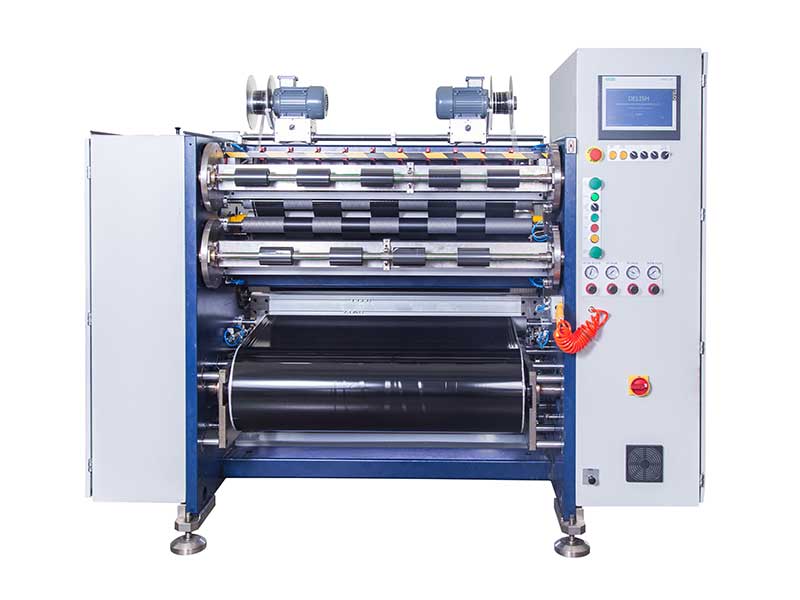
6. Environmental and safety compliance
• Comply with EU RoHS or REACH standards, equipped with dust recovery system, adapt to the market with strict environmental regulations.
Conclusion: This slitting machine has become the de facto standard of the ribbon industry through the combination of "technical barriers + cost reduction and efficiency increase". Centralized procurement by manufacturers further reduces supply chain risks and forms a virtuous circle. For specific model verification, further analysis is available in more detail.




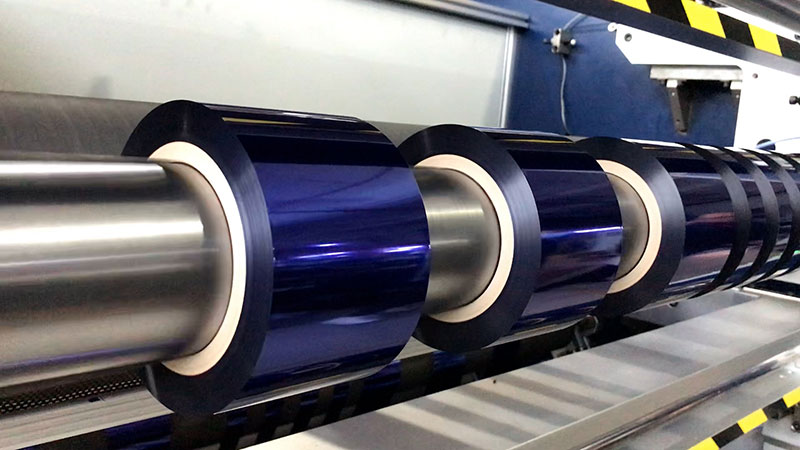
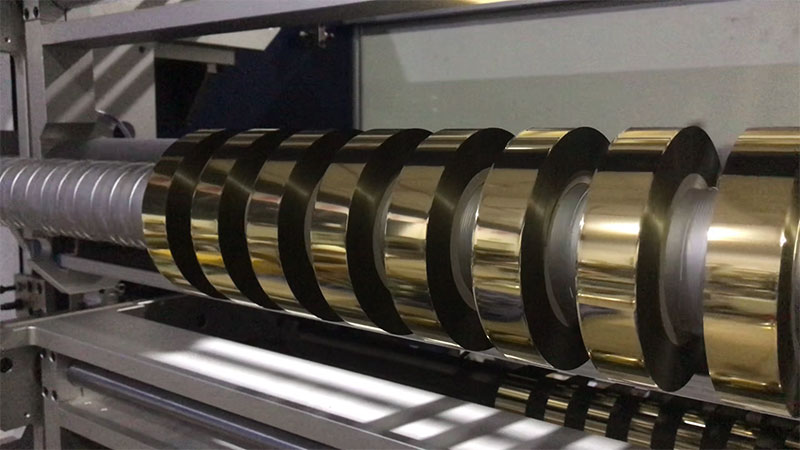
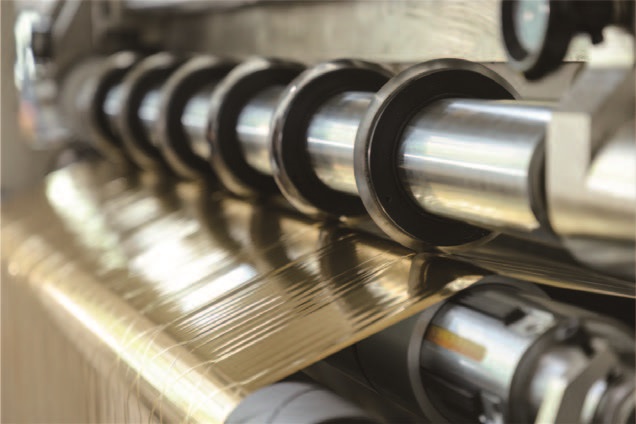
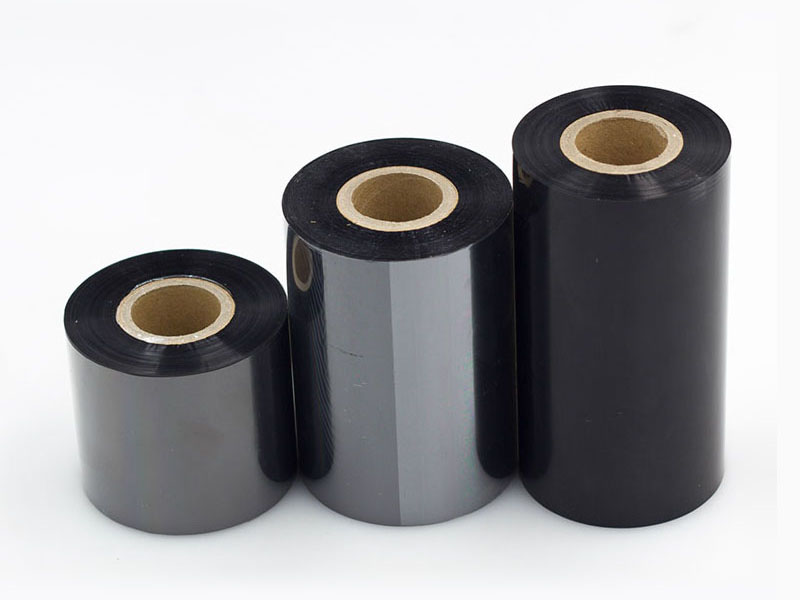
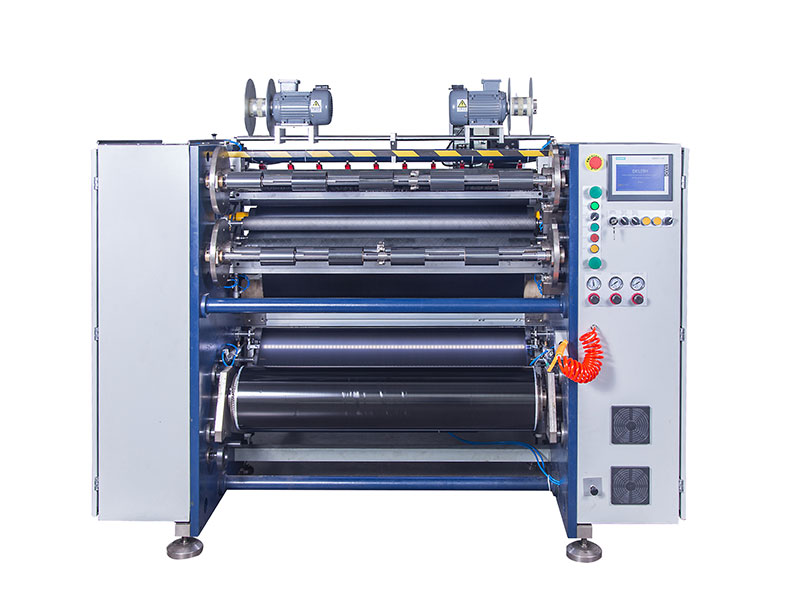 Ribbon Slitting Machine
Ribbon Slitting Machine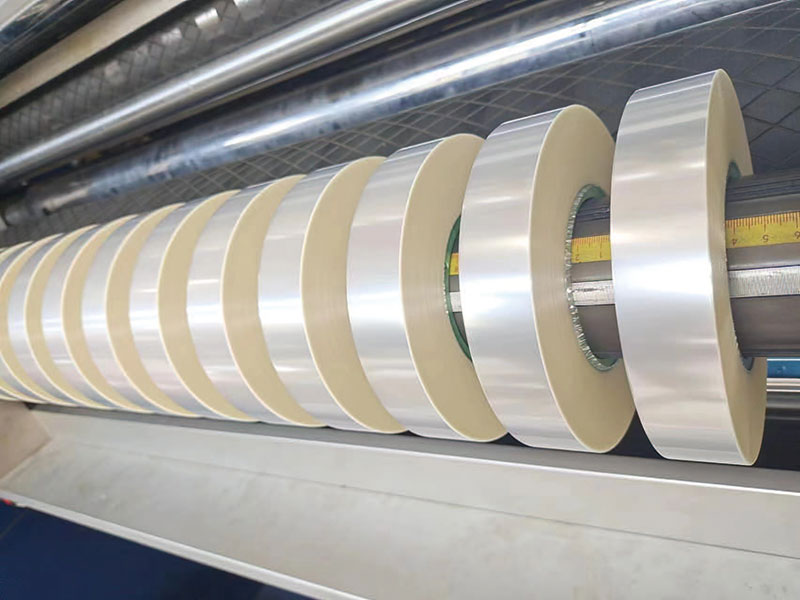 Film Slitting Machine
Film Slitting Machine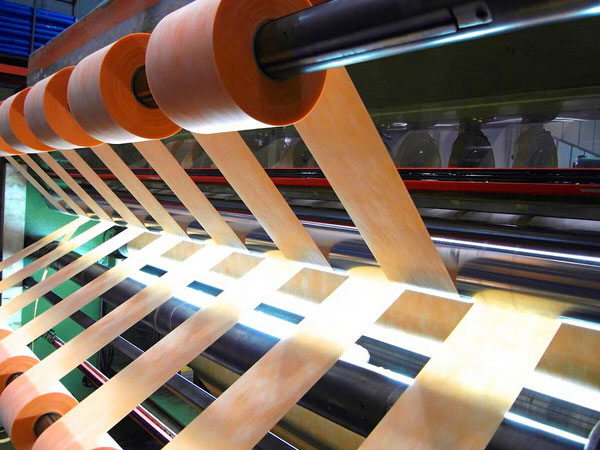 Slitter Rewinder Machine
Slitter Rewinder Machine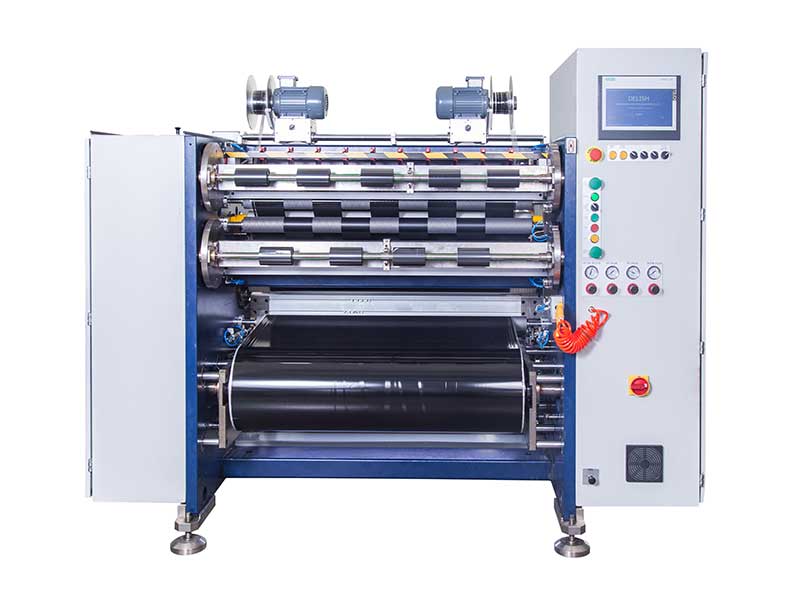 Barcode Ribbon Slitting Machine
Barcode Ribbon Slitting Machine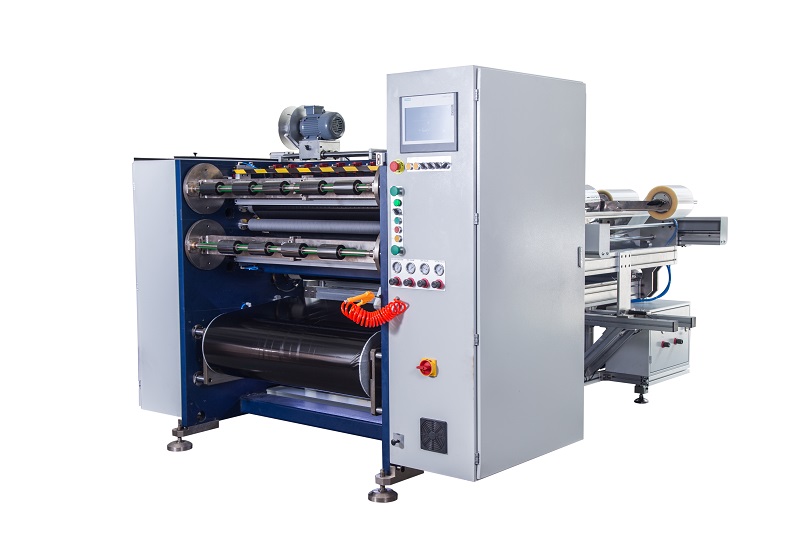 Semi Automatic Thermal Transfer Ribbon Slitter RSDS5 PLUS
Semi Automatic Thermal Transfer Ribbon Slitter RSDS5 PLUS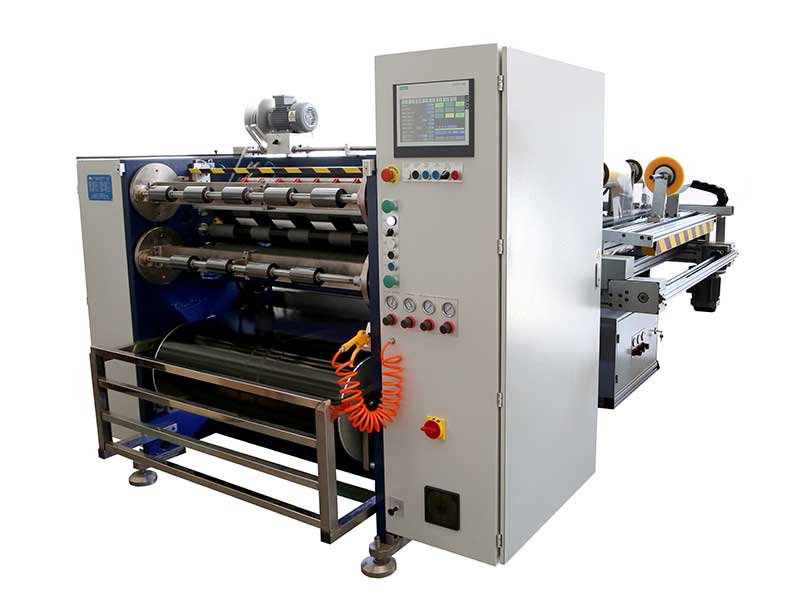 Automatic Thermal Transfer Ribbon Slitter RSDS6 PLUS
Automatic Thermal Transfer Ribbon Slitter RSDS6 PLUS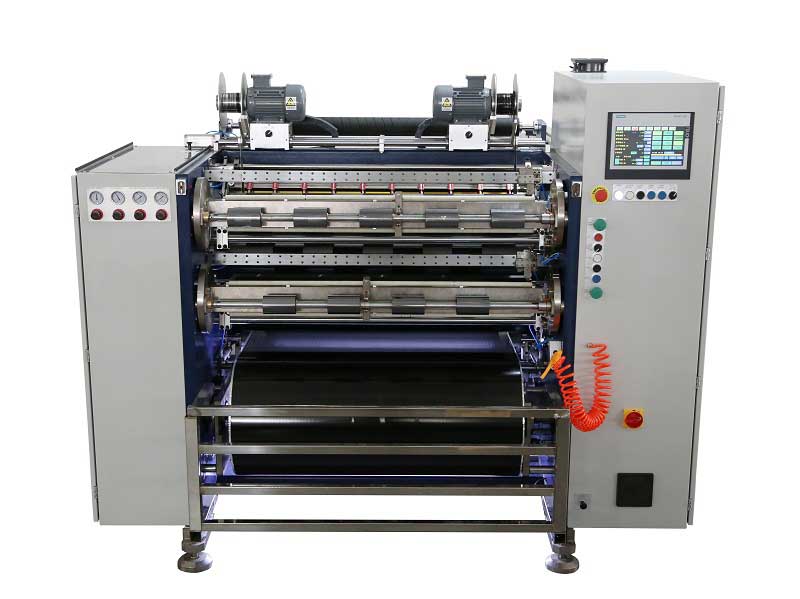 Automatic Thermal Transfer Ribbon Slitter RSDS8 H PLUS
Automatic Thermal Transfer Ribbon Slitter RSDS8 H PLUS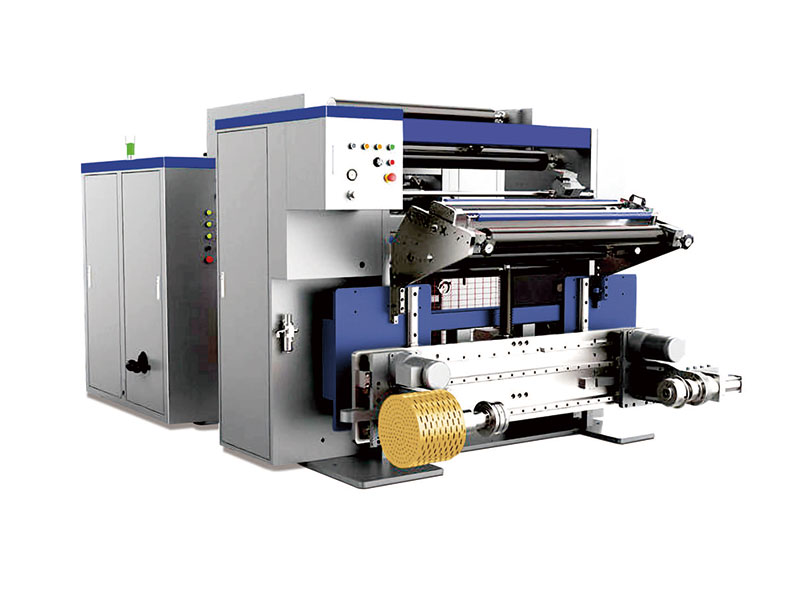 High Speed Slitting Machine
High Speed Slitting Machine
